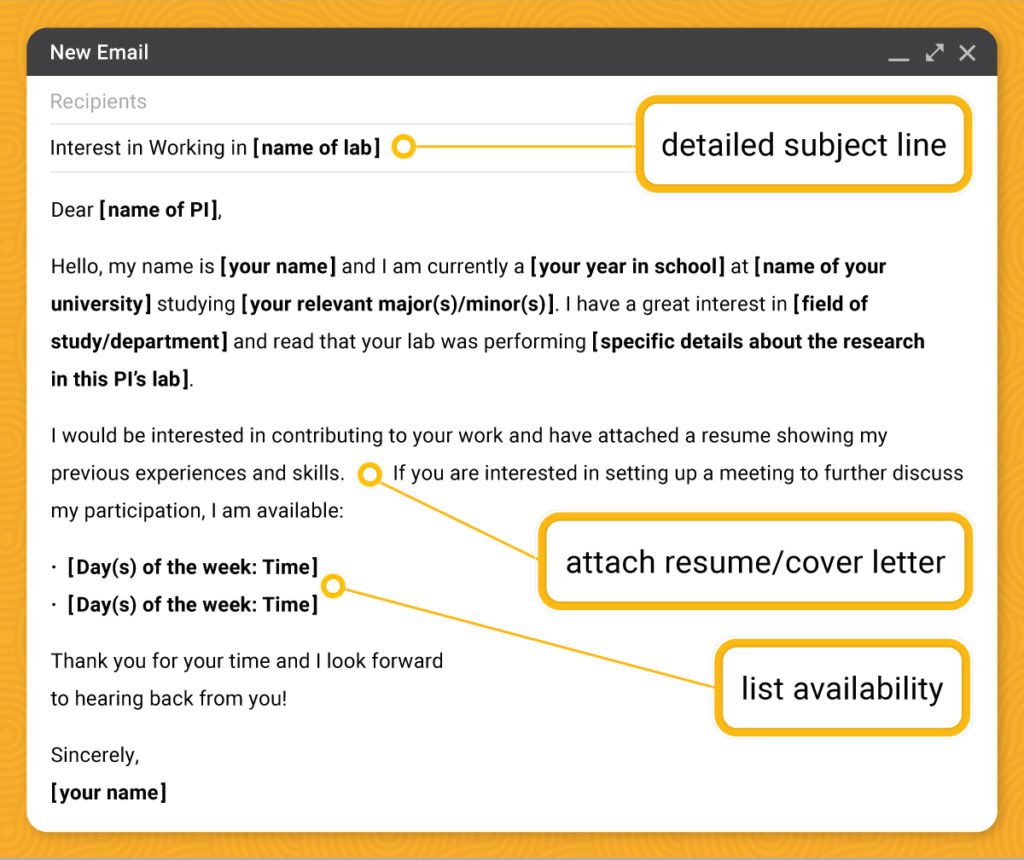Today’s guest blog is written by Melissa Martin, a global marketing intern with Promega this summer. She will be a senior this fall at the University of Wisconsin-Madison where she is double majoring in zoology and life sciences communication, with a certificate in environmental studies.

Congrats! You are attending a university and pursuing a challenging, yet rewarding, undergraduate science degree. Getting to this moment probably included lots of late nights spent studying or worrying while applying to your dream college. However, now that you are here you will find that classes provide a lot of information. You can even take your education one step further by getting hands-on experience in a research lab.
Working in a lab is not only about making your resume look good. It offers a real-world experience that directly enhances your learning experience and can even guide your future. For example, your experiences in the lab can teach you basic skills (pipetting, determining concentrations, performing titrations, etc.) that will be useful in a variety of science professions.
Universities offer a wide array of subjects to study and opportunities for research. However, you must be prepared to reach out and contact Principal Investigators (PIs) to find a lab to work in. You will need to communicate how your skills, interests, and knowledge would be a good fit for their lab. Below are some steps that will guide you in the process of finding a research lab to work in as an undergraduate student.
Explore Potential Labs to Work In
The first thing you need to do is acknowledge your interests. Then, search for faculty who may be performing research that is intriguing to you. At the beginning of your undergraduate education you may not even know exactly what you want to do—so start by exploring what research is being done on campus. Unfortunately, this is often harder than it sounds. Department websites can have a multitude of tabs and subpages so you may have to dig around. A good place to start is the university website. There, you can find the various departments on campus and their PIs. Here you can start finding labs that match your interests and are worth your time to reach out to.
It is also useful to talk to your professors and teaching assistants. If they are doing research, they may be looking for undergraduates to help. Additionally, it is worth looking into whether your university offers any campus programs or advisors dedicated to helping undergrads find a lab to work in. Every school is different but there are various ways to go about finding a research lab position.
Reach out to Lab PIs
Once you find a suitable research lab, the first email to the PI in charge is extremely important. PIs get hundreds of emails a day, so I recommend beginning with a straightforward subject line. This should state your interest in working for them. This helps avoid your email getting ignored or accidentally deleted. Next, the body of your email should include your background, year in school, and major. Along with this, include any educational experiences that will help prove that you would be a good addition to their lab.
Before you send any emails, however, you should spend the time to get to know every PI you are contacting. Make sure to state specifically what interests you about their work and how you could contribute to it. Only after you make this effort, should you reach out with any availability you have for a potential meeting to further discuss your participation.

PIs are busy people and you will likely get many rejections before you get any leads (and you may even get no response at all). However, this does not mean you are an inept undergraduate, incapable of securing a position in a research laboratory. The scientists you are contacting may not have any open spots or any useful work for you to perform in their lab. But don’t lose confidence! Persistence is key; continue contacting various labs until you get some responses from those interested in meeting.
Prepare for a Meeting
Once you have landed a meeting, there are a few things you can do to make a good impression. Wear clean, neat clothing, and bring along a copy of your resume and college transcripts. It is important to come prepared to answer and ask questions. That way, you get a better idea of what you will be doing the PI can determine whether you will be a good addition to the lab. Some questions I find useful are:
- What specific tasks will I be performing?
- How does this fit into the overall research program?
- What is the time commitment?
- What opportunities for advancement will there be?
- What do you hope to accomplish with your research?
You can also check out the Promega Student Resource Center, Professional Skills and Development, for more tips on preparing for interviews. Ultimately, you want to portray yourself as a knowledgeable, passionate, and dependable undergraduate who is ready to learn, work and contribute to the research in their lab.
Hopefully following these steps will lead to an amazing opportunity to performing research in a lab and learn a lot from the experience! There is a lot of important research being done around the world. Your experiences as an undergraduate will teach you skills that prepare you to contribute to the scientific field. You may find that you do not want to work at a bench or are curious about different research topics or fields of study. This is what your time as an undergraduate is for—to strengthen your skills, gain experience and find your main interests. If you are lucky, you will find that you enjoy working in a research lab and it will lead you toward a productive and successful future in research.

One thoughtful comment